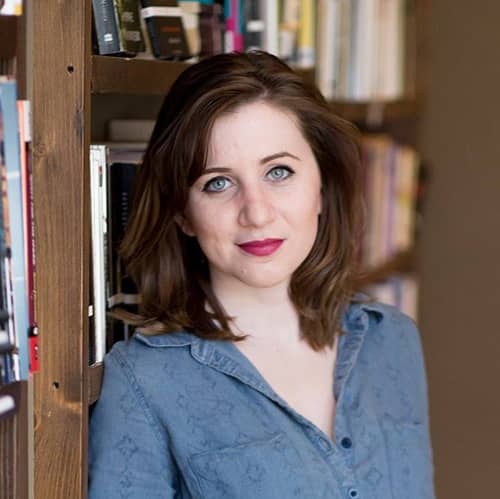How to Become a Teacher in New York
New York is home to over 4,400 public schools and nearly 214,000 public school teachers. And if you want to make a difference in the classroom, consider becoming a teacher in New York.
You’ll need to meet New York State teacher certification requirements by getting the right degree and earning teaching experience. You’ll also need to pass several tests. In addition to being a rewarding job, New York teachers benefit from strong demand and high salaries in comparison with other states.
Learn about start dates, transferring credits, availability of financial aid, and more by contacting the universities below.
How Do You Become a Teacher in New York?
Want to become a teacher in NY? Here are the steps you’ll need to take to qualify for teacher certification and land your first teaching job.
1. Earn Your Bachelor’s Degree
You’ll need a bachelor’s degree to become a teacher in New York. Whether you plan to pursue certification or work in private schools that do not require certification, teachers generally need a bachelor’s degree in education or their subject area.
The New York State Education Department (NYSED) offers a certification requirement search tool for you to determine what degree you’ll need based on the grade level and subject area you plan to teach.
2. Gain Student Teaching Experience
Obtaining teaching certification in New York requires 100 hours of teaching experience, including 15 hours teaching students with disabilities. You must complete a full-semester practicum in a classroom setting. You may satisfy this requirement over 14 weeks or split it into two seven-week terms.
You must gain teaching experience in your desired teaching subject and grade level. NYSED’s approved teacher preparation programs are guaranteed to meet practicum requirements and provide you the student-teaching experience necessary for teaching certification in New York.
3. Take Required Certification Tests
In New York, you must pass several general and subject-specific tests to get your certification. Testing requirements include:
- edTPA: This test assesses elementary or secondary teaching skills, including curriculum development, classroom instruction, and student evaluation methods. You must record your work in the classroom and actively self-reflect on your performance.
- Educating All Students (EAS): This exam tests a teacher’s ability to teach students with disabilities, non-native English speakers, and diverse student populations.
- Content Specialty Tests: You must choose a content specialty test according to your desired teaching subject(s). A separate test is required for each subject. Students seeking generalist certification can take the multi-subject test for early childhood, elementary, middle, or secondary education.
4. Apply for Certification
After meeting the education, experience, and testing requirements, you can apply for your New York teacher certification.
You’ll need to log in to your NY.gov TEACH account to complete the application process. If you completed an approved educator preparation program at a New York college, you’ll enter the program code. The online application also lets you enter information about the type of certificate, including your subject area and grade level.
Finally, you’ll pay a $100 application fee and submit your application. As of May 2024, NYSED estimates a 16-week processing time for new applications.
5. Maintain Teaching Certification
New York encourages teachers to earn their master’s degree within the first five years of certification. Your initial teacher certification will remain valid for five years. When it expires, you can apply for reissuance or apply for a professional certificate.
You’ll need three years of teaching experience and a master’s degree to qualify for a professional certificate. Otherwise, you can apply to reissue your initial certificate two times.
How Much Will You Make as a Teacher in New York?
There’s good news for teachers in New York — the Empire State reports higher teacher salaries than the national average. K-12 teachers can expect an average salary over $90,000.
New York’s governor Kathy Hochul notes that the state will need to hire 180,000 new teachers in the next decade to meet demand. That translates into a positive job outlook for New York teachers.
| Job Title | Average Salary |
|---|---|
| High School Teacher | $96,400 |
| Middle School Teacher | $95,170 |
| Elementary School Teacher | $94,600 |
| Kindergarten Teacher | $91,300 |
| K-12 Special Education Teacher | $92,890-$94,460 |
Frequently Asked Questions About Teacher Certification in New York
Yes, but in an extremely limited capacity and only through private or some charter schools. Obtaining teaching certification in New York qualifies you for lucrative careers with longevity in the public school system.
Note: The insights on this page — excluding school descriptions — were reviewed by an independent third party compensated for their time by BestColleges. Page last reviewed May 13, 2024.





